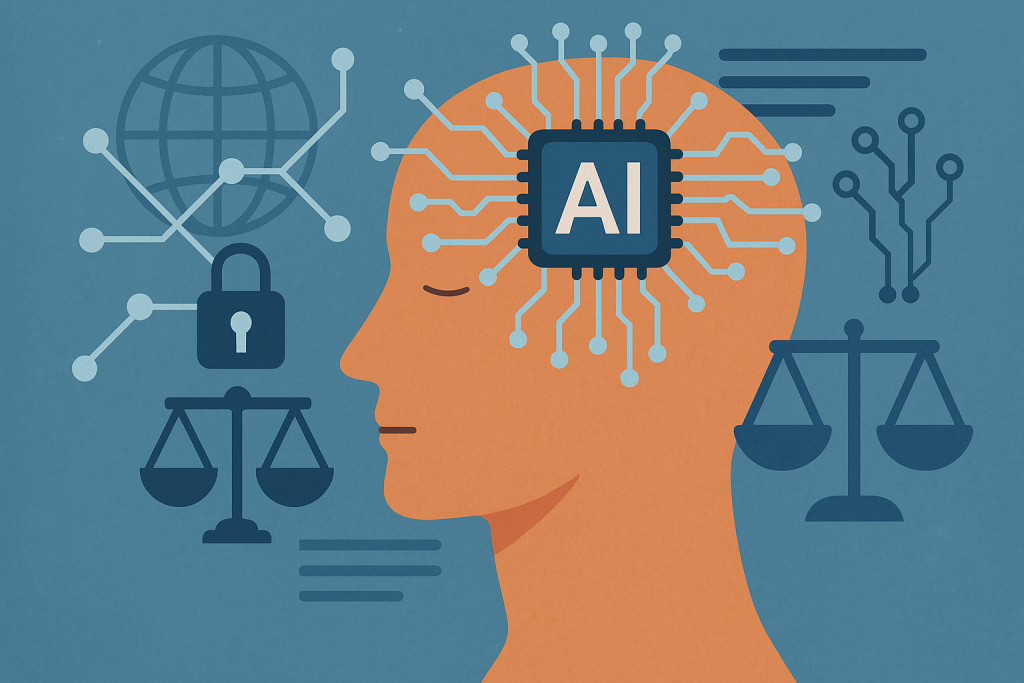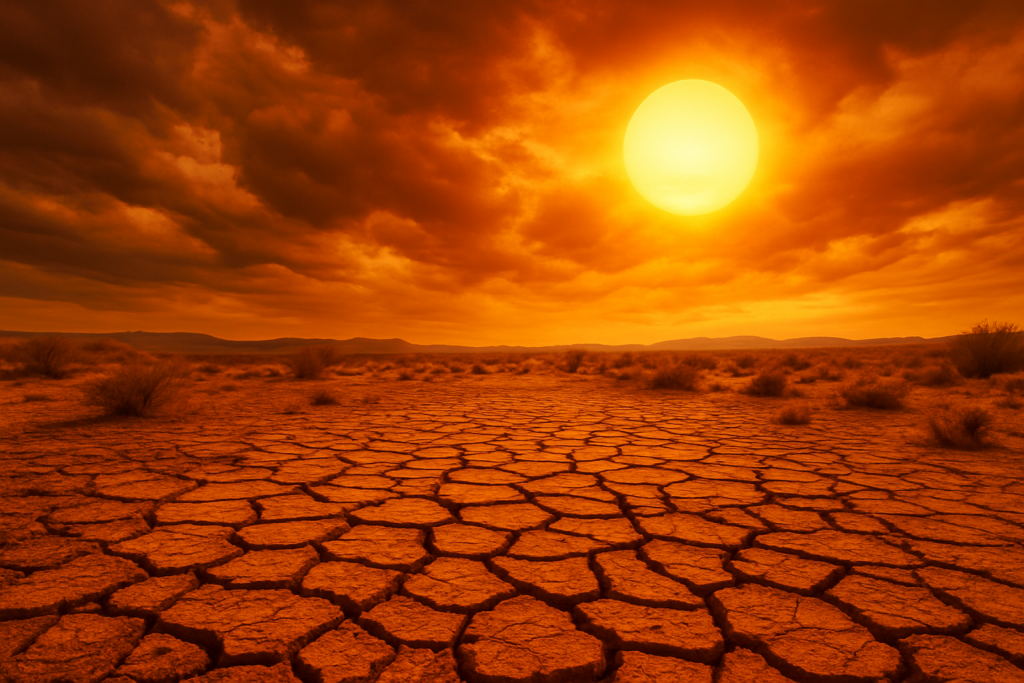In 2025, democracy isn’t dead — but in many parts of the world, it’s feeling a little dizzy. The past year has been full of elections, but not all of them have brought the stability people hoped for. Some led to major changes in leadership. Others sparked protests that haven’t let up. And in a few countries, the results raised more questions than answers.
The common thread? People everywhere are frustrated. They want change, but they don’t always trust the system that’s supposed to deliver it.
A year of tense elections
From Latin America to Eastern Europe, we’ve seen national votes that didn’t go quietly. In some places, the losing side cried fraud before results were even in. In others, the winning party had to deal with mass protests the very next day. There’s growing tension between traditional political structures and the people they’re supposed to represent.
Turnout in many places was surprisingly high — a sign that people still care. But that energy isn’t always met with transparency or stability. Some countries have seen delays in vote counting, conflicting claims over legitimacy, and — in a few extreme cases — clashes in the streets.

Protests are growing louder, and more organized
In the past, protests might have lasted a weekend or a week. But in 2025, they’re becoming movements. People are staying in the streets longer. They’re using social media not just to organize but to livestream what’s happening when cameras aren’t around. From farmers to students to union workers, different groups are finding common cause in demanding accountability.
Some of the protests have been peaceful. Others — especially where governments respond with force — have turned violent. In a few cities, military vehicles replaced buses in the center of town. It’s a worrying sign when disagreement turns into confrontation, especially when dialogue shuts down completely.
Shifting power, not always peacefully
What’s also changed is how fast things move. A new policy is announced in the morning; by afternoon, it’s all over TikTok. That speed makes it harder for governments to manage expectations or control the narrative. Leaders are under pressure to react, and that doesn’t always lead to wise decisions.
We’ve also seen cases where leaders try to extend their time in office, bend rules, or change constitutions to keep power. In democratic systems, that shakes people’s faith — not just in the person, but in the whole process. Voters start to wonder: what’s the point of choosing, if the outcome can be changed from above?
At the same time, there are stories of hope. New leaders have stepped up in several countries — some of them younger, more diverse, more in touch with the people they serve. But they’re stepping into a climate that’s tense and complex. Change won’t be easy.


